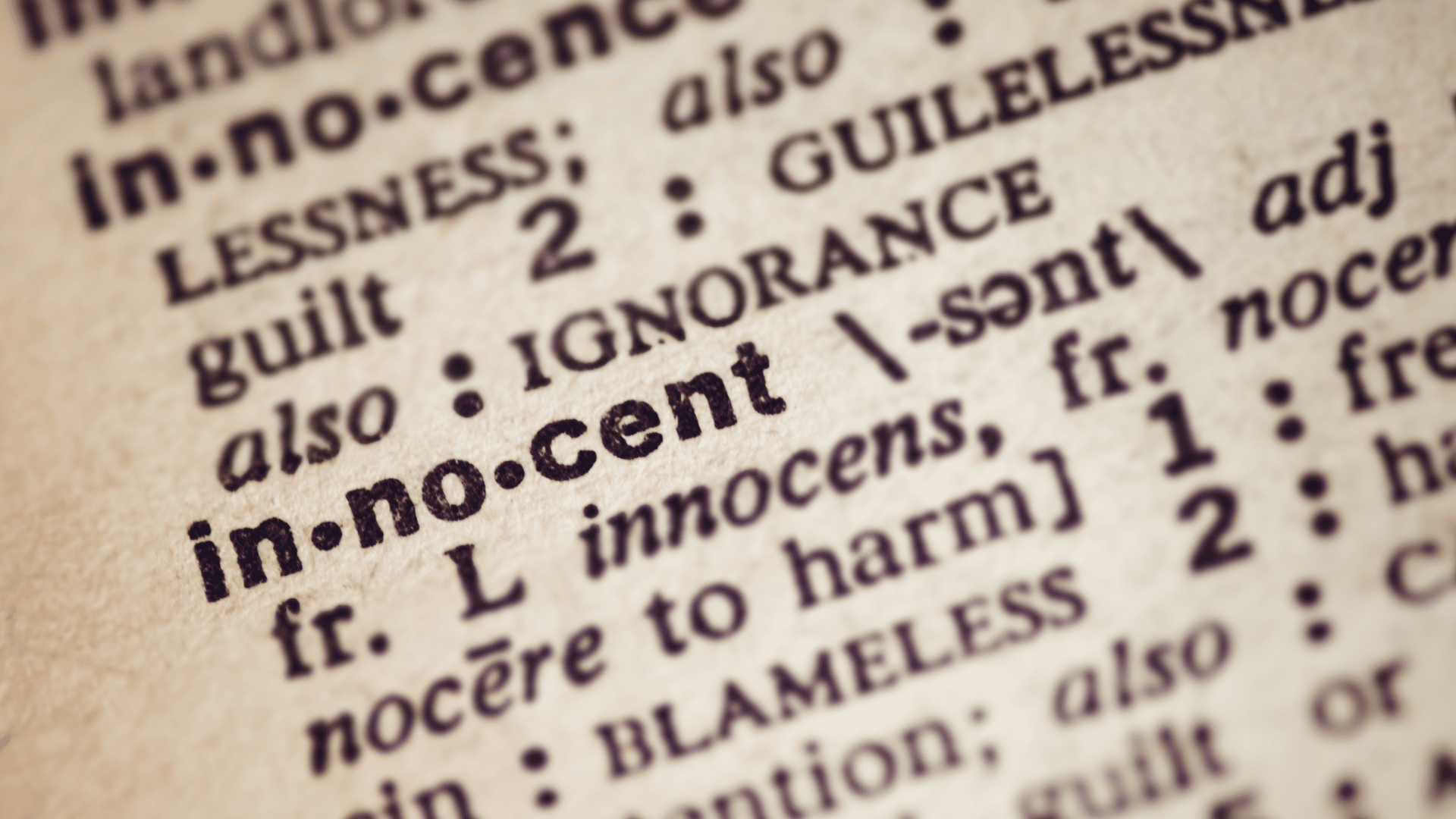SCB LEGAL
To effectively prepare for your sentence hearing, you will want to be aware of what might happen. In our daily work assisting people with their criminal law matters, we know what you are likely to want answered. Anything more specific can be provided when you arrange a meeting on the phone, online or in person at one of two office locations – Criminal lawyers Penrith & Blacktown office locations.

Are These Questions You Want Answers To?
Then you are on the right page. These are some of the first questions our criminal law team hears from clients on a daily basis. Learning what needs to be done to give you the best chance of avoiding a record, or getting the best outcome for your circumstances, starts with seeking professional advice. Then you will be up to speed about all options and what your best course of action is.
There are a range of possible outcomes you could receive at sentencing including custodial and non-custodial sentences. You may hear the Magistrate/Judge refer to the section 5 Threshold. If the Court determines that your charges “cross the section 5 threshold”, then only a custodial sentence is available. The possible penalties include:
Non-Custodial Sentences
Custodial Sentences
If you receive a custodial sentence and you breach it, the State Parole Authority is responsible for deciding what to do. They may revoke your Intensive Corrections Order and you may need to serve the remainder of your sentence in custody.
If you breach your custodial sentence by committing a further offence, bail may be refused pending the outcome of your matter.
If you don’t agree with the charges you can choose to plead not guilty and request that the case proceed to hearing (if being dealt with in the Local Court) or Trial (if being dealt with in the District or Supreme Court).
If your matter proceeds to Trial, this will usually be heard before a Jury, but you can request for it to be decided before a Judge only. If your Trial is heard before a Jury, then the Jury is responsible for determining whether the prosecution have proved you are guilty beyond a reasonable doubt.
If the Jury finds you guilty, the next step will be to determine what is the most appropriate sentence. The Judge is then responsible for determining your Sentence.
Whenever a not guilty plea is entered, the case will eventually proceed to trial before a Judge or Jury. The prosecution will present their evidence against you and you can present evidence to support your case.
While you are presumed to be innocent until proven guilty, in some circumstances, it is still important to present evidence before the Court to counter the prosecution evidence. This will assist you in proving your innocence, assist to create doubt and prove that the charges are incorrect.
If you choose to plead not guilty and move to trial by Jury, it is highly advisable to seek a criminal lawyer to help prepare your case and argue on your behalf during the proceedings.
CRIMINAL LAWYERS PENRITH, BLACKTOWN & GREATER SYDNEY
Then you will want expert advice from our criminal lawyers Penrith, Blacktown and Greater Sydney.

If you decide to plead guilty, the facts and your criminal record are handed up (“tendered”) to the Court and the Magistrate/Judge reads the documents. It is at this point that the defence has the opportunity to make submissions and/or provide information.
The accused or their lawyer will respond to the charges and offer any information they want to be taken into consideration, when the Judge is deciding on a sentence.
If your matter is being dealt with in a higher court, such as the District Court or Supreme Court, the Higher Court Judge will either decide your penalty immediately or adjourn the matter. An adjournment is more probable in serious cases, where a prison term is likely.
Depending on a range of factors including the seriousness of the offence and your criminal record, the Court may order a Sentencing Assessment Report (previously known as a pre-sentence report) to be prepared and submitted for consideration. This report contains gathered information about the accused to provide context and background information.
It includes information about family situation, education and background, including medical and psychological history and the level of risk the accused poses to the community. The report also provides the Court with information about your suitability for community based sentences and what conditions the Court may impose including whether supervision is necessary.
The Court isn’t bound by the recommendations made within the report but it can help the Judge decide on alternative sentencing options, and what conditions to impose.
The Court can make an Order that your sentence is to be supervised by Community Corrections (previously known as Probation and Parole) and impose specific conditions. If you receive an Intensive Corrections Order, supervision is mandatory. Some of the conditions the Court may impose include:
Taking the stand may also work in your favour, as the Judge can then see first hand that you are genuinely remorseful and take that into consideration when deciding your sentence. This is more common in the District Court and Supreme Court.
The option exists to voluntarily start counselling, drug or alcohol rehabilitation or other intervention programs, in order to demonstrate that you are making active changes to ensure you don’t re-offend.
If you agree that you committed the offence but do not agree with the Police Facts, then it may be possible for your lawyer to write to the Police and ask them to amend the facts to reflect your version. If the Police do not agree to change the facts, then you may wish to plead guilty but tell the Court that you don’t agree with the facts. If this is the case, your matter is likely to proceed to a Disputed Facts Hearing.
At the Hearing, just like any contest Hearing/Trial, the prosecution will present their evidence by putting their witnesses on the stand and making them available to be cross examined by the defence, and then the defence will have the opportunity to present their evidence. After the evidence is finished, the prosecution and defence will make submissions and tell the Court why they should accept the facts as they present them.
The Court will then make a decision about what the facts are. Once the Court decides the facts, the next step is for the Magistrate/Judge to sentence you based on those facts.
What you are likely to get will depend on a few elements. The Court will take a look at your criminal history, your offending behaviour and your personal circumstances.
If you have been charged with other offences or offences of a similar nature, you may get a heavier penalty depending on the offence type and severity of your conduct. To get a picture of what you might be sentenced to, based on your specific circumstances, seek advice from our team who, after asking you some questions, will be able to provide you with some insight into what the likely consequences might be for you.
Whilst we cannot guarantee that you will receive a specific sentence, as this is discretionary, we can advise you of the range of possible outcomes.
Seeking advice from your criminal lawyer and following the advice you have been given will give you the best chance of a lesser sentence. In some circumstances, it may be possible for us to write to the Police, which is called writing representations.
Depending on your charges, we may make an offer for you to plead guilty to a less serious charge or plead guilty to some charges if other charges are withdrawn.
We assist our clients every step of the way by providing them with guidance and support about what they might be able to do to minimise the consequences. Some of these options are explained below.
If you complete an intervention program connected to the offence you have been charged with, before sentencing, this may assist your case. Completing an intervention program can demonstrate to a Court that you are taking responsibility for the offence you have been charged with. It can also demonstrate that you have taken steps to remediate your actions.
Not all intervention programs will be seen as suitable and completing an intervention program alone will not be sufficient. You need to seek legal advice from an expert criminal lawyer who can give you up-to-date information about what is likely to be valued by the Court.
For certain offences, seeking character references for Court can help your case and assist in receiving a lesser sentence. Who you choose to be your character references will be important. Individuals whose character themselves cannot be questioned, is one place to start. If you have a family member who can detail the problems you have faced, extenuating circumstances and how they intend to support you with that process, can help.
There are specific structures that these character references should follow. If they are not addressed correctly or specific elements are missing, they can be considered to be unhelpful and may be disregarded.
Speak to our lawyers to seek advice about what you need to address in your case as there are many ways in which to approach these letters, based on your history and the charge you are facing.
Depending on your particular circumstances, it may be appropriate to obtain a report from a psychologist. The report will address your history and background as well as provide the Court with evidence about your mental illness, any treatment you receive and any future treatment recommendations.
It is important for the report to address specific things and that is why our lawyers are experienced in preparing letters of instructions and organising the most appropriate psychologist to prepare your report.
Each offence has its own range of possible sentences and if you have a prior conviction for this or other offences, this may impact on the outcome of your sentence. Our team are regularly in Court assisting people like you and can give you some insight into what you might expect and to determine if there is anything in particular you could be doing in the lead up, to assist your case.
Our team will provide you with expert criminal law advice.
